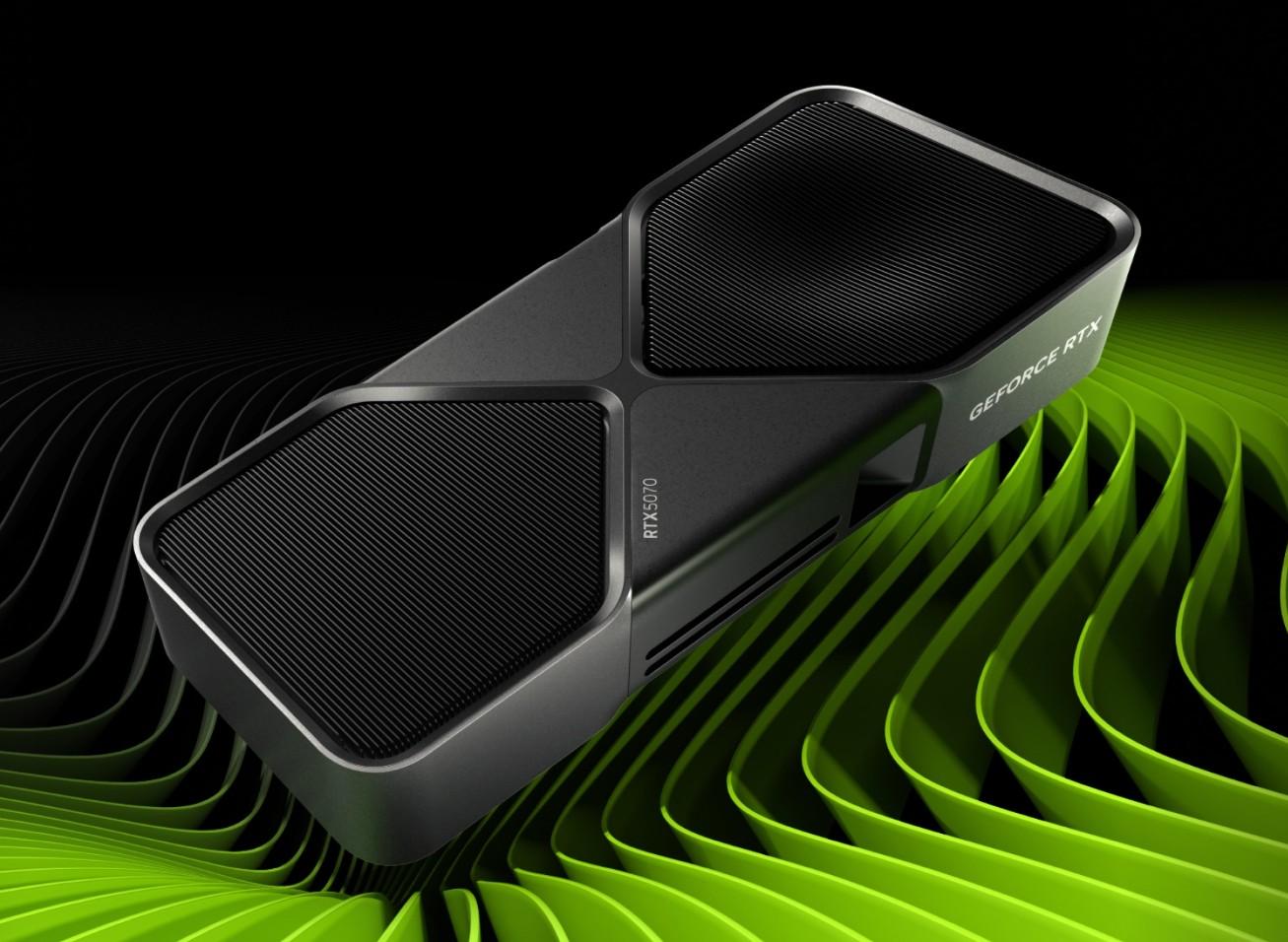Nvidia RTX 5070 Quick Review
Post created by: @Ivica 2 months ago.
This post is highlighted.
Performance Analysis
-
Rasterization Performance:
- Average Uplift vs. RTX 4070: Approximately 22-25% improvement at 1440p and 4K.
- Comparison to RTX 4070 Ti/Super: Roughly equivalent to the RTX 4070 Ti, slightly behind the RTX 4070 Ti Super. The average performance increase comparing to the RTX 4070 Super is about 3-5%.
- 1440p Performance: Considered very strong, making it ideal for high refresh rate 1440p gaming.
- 4K Performance: Capable, but may require upscaling (DLSS) for consistently smooth frame rates in demanding titles.
- AMD Comparison: Sits between the RX 7900 XT and RX 7900 GRE in raster performance.
-
Ray Tracing and DLSS 4:
- Ray Tracing Uplift: Around 15% improvement over the RTX 4070 at 1440p.
- Comparison to RTX 4070 Super: Matches or slightly outperforms the RTX 4070 Super in ray tracing.
- AMD Ray Tracing: Significantly outperforms the RX 7900 XTX in ray tracing performance.
- DLSS 4/MFG: Provides substantial frame rate improvements and smoother gameplay, especially in DLSS 4 optimized games.
- AI Dependence: Relies heavily on AI-driven features for performance gains, particularly with DLSS 4 and Neural Rendering.
-
VRAM Limitations:
- 12GB VRAM: May become a bottleneck in future demanding games, especially at 4K with ray tracing and frame generation enabled.
Pricing and Value
-
MSRP vs. Retail Pricing:
- MSRP: $550 is the stated MSRP, considered competitive.
- Retail Reality: Actual retail prices are often significantly higher, impacting the card's value proposition.
-
Value Proposition:
- At MSRP: Offers a strong price-to-performance ratio, competing well with AMD alternatives.
- Retail Impact: Higher retail prices diminish the card's value, making previous generation or AMD alternatives more attractive.
Technical Aspects
-
Architecture and Features:
- Blackwell Architecture: Features improved ray tracing and tensor cores.
- CUDA Cores/Tensor Cores/RT Cores: Approximately 6,000 CUDA cores, 192 Tensor Cores, and 48 RT Cores.
- Memory: 12GB GDDR7 with around 672 GB/s bandwidth.
- Boost Clock: Around 2,510 MHz.
- Connectivity: HDMI 2.1b and DisplayPort 2.1a support.
-
Power and Cooling:
- Power Draw: Approximately 250W.
- Cooling: Founders Edition cooling is adequate but can be noisy under heavy load.
Conclusion
The RTX 5070 provides a noticeable performance uplift over the RTX 4070, particularly in ray tracing and DLSS 4 enabled titles. Its value is contingent on availability at or near its MSRP. The 12GB VRAM may be a future limitation. While it excels at 1440p, 4K performance may require upscaling. The card's reliance on AI-driven features like DLSS 4 is a key aspect of its performance profile.
Featured Image

Add Comment:
Comments on a Post: Nvidia RTX 5070 Quick Review